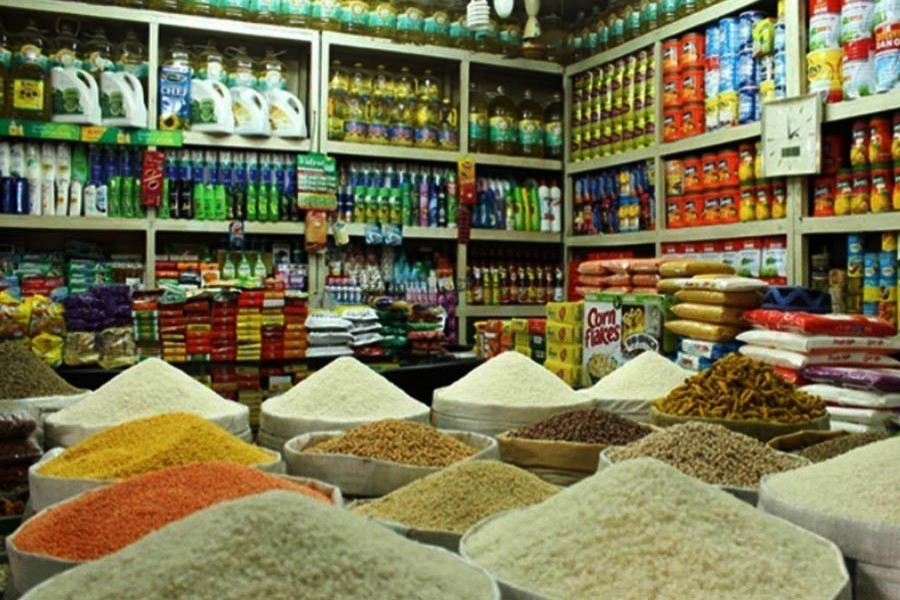Various state agencies, though late, have taken actions or feigned to do so in order to rein in the soaring prices of most essentials in recent months. Most of them, however, have failed in their 'avowed' mission. If not anything else, these entities have been successful in putting the consumers in a state of confusion, because the people are fully aware of the ineffectiveness of such moves.
When the prices of everyday essentials started rising unabatedly, the ministry concerned remained more or less unconcerned. At times, the man in charge, much to the annoyance of the consumers, defended the actions of traders, citing a variety of reasons, including international prices of commodities. The only visible government action has been the sale of a few essential items through the Trading Corporation of Bangladesh (TCB). The market intervention using the TCB can hardly leave any effect on the price situation. Besides, a vast majority of poor and low-income people remain out of its coverage.
The ministries of commerce and food held meetings with the traders concerned frequently in the recent past, seeking the latter's help to ease the price situation. But the arguments put forward by traders in favour of the hike in prices of most commodities could convince the people manning the ministries concerned. The approval given to traders' proposals to raise the prices of edible oils and other essentials only strengthens such an allegation.
When little help came from the ministries concerned for the consumers, the Directorate of National Consumers' Rights Protection appeared on the scene. It has conducted raids after raids in the markets, mostly in Dhaka, and punished errant traders by realizing hefty fines. It also has hardly worked. The department has discontinued the raids, for now, it seems.
Amidst such a chaotic situation, the commerce ministry suddenly came out with a proposal to fix the maximum retail price of a few essentials. However, the man in charge of another ministry found the idea absurd. Nothing has been heard about setting the price of essentials since then.
One positive development, however, has taken place a few days back. The government lowered the maximum retail price of palm oil and sugar by a small margin though international prices of both the items declined by a big margin during the past few weeks.
Lately, the Bangladesh Competition Commission (BCC), a government entity with judicial power, has appeared on the scene to punish errant trade bodies and manufacturers of consumer goods. It has filed cases against 44 firms and individuals for their alleged involvement in the recent hike in prices of essentials and short supply of commodities. The firms include some local and multinational corporate houses. Hearing on the cases started on Monday last. What will be the outcome of these cases is difficult to say right at this moment, but the BCC move has surprised many. Law empowers the Commission to take action against firms and individuals for being involved in influencing the market by indulging in a monopoly or oligopoly. The onus lies with the Commission to prove the allegations.
There is no denying that international prices of many essentials had been on the rise as the pandemic was easing. The Russia-Ukraine war created the price shock even bigger and unmanageable for many countries. But the government's response to the crises lacked coordination and required firmness. This had emboldened the traders who are prone to making windfall gains at the cost of consumers.


